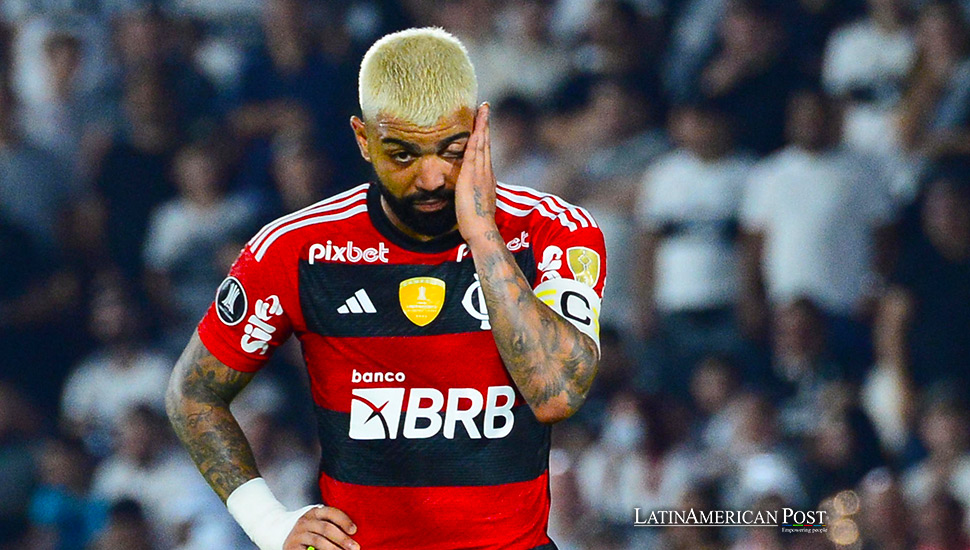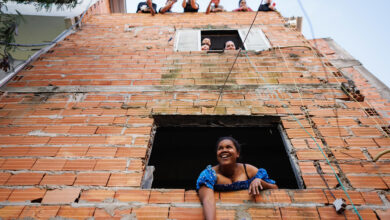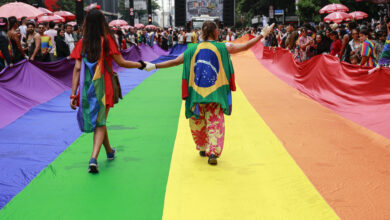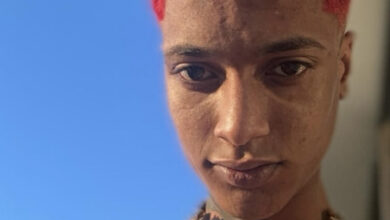Gabigol’s Ban Shakes Brazilian Soccer Landscape

Flamengo’s star striker, Gabriel Barbosa ‘Gabigol,’ faces a two-year suspension for disrupting a doping test, igniting debates on sports integrity in Brazil and reflecting broader issues of discipline and governance in Latin American soccer.
Gabigol’s Doping Controversy
The Brazilian soccer scene was rocked by the news of Gabriel Barbosa, popularly known as ‘Gabigol,’ receiving a two-year suspension for obstructing a doping control process. This incident, which occurred on April 8, 2023, at Flamengo’s training center, has sent ripples through the sporting world in Latin America, highlighting the stringent measures against doping and the repercussions for players and clubs alike.
Brazil’s Sports Justice Anti-Doping authority delivered the ruling, which is subject to appeal. Gabigol, a 27-year-old forward with a history at Benfica and Inter Milan, was accused of attempting to defraud the doping test process. Starting from the incident date, this decision sidelines him until April 2025, causing him to miss the entire 2024 season and the following preseason.
Flamengo, the Rio de Janeiro-based club, expressed surprise at the verdict, which was narrowly passed with a 5-4 vote. The club pledged support for Gabigol in appealing the decision at the Court of Arbitration for Sport, asserting a belief in the absence of any fraud or attempt thereof to justify the harsh penalty.
The case against Gabigol, potentially subject to a four-year ban, stemmed from allegations of violating the Brazilian Anti-Doping Code. The prosecution’s complaint highlighted his disrespect for the testing protocols and the officials conducting the tests, claiming that Gabigol delayed the procedure by having lunch before submitting to the urine analysis, which was eventually provided irregularly.
This controversial episode occurred on the eve of the 2023 Campeonato Carioca final, a significant state championship in Brazil, underscoring the high stakes involved. Despite testing negative for banned substances, the manner of Gabigol’s actions led to the charge of attempted fraud.
Broader Implications
This incident with Gabigol is emblematic of broader issues in Latin American soccer, where cases of doping and disciplinary actions have historically impacted the sport’s reputation and governance. Across the region, from Argentina to Mexico, similar incidents have sparked debates on the need for rigorous enforcement of sports ethics and the role of legal frameworks in maintaining fair play.
In Latin American soccer, where passion and national pride run deep, such incidents not only affect the players and teams involved but also stir conversations about the integrity of the sport. Given Gabigol’s status as one of Brazil’s leading soccer talents, the high-profile nature of his case places added scrutiny on the enforcement and consequences of anti-doping regulations.
Moreover, the situation highlights the intricate balance between athlete rights and the imperative of upholding strict anti-doping measures. As Latin American countries strive to elevate their soccer standards on the global stage, handling such cases becomes a critical aspect of the region’s sports administration.
The incident also reflects the cultural and systemic challenges within the region’s soccer infrastructure, where governance, transparency, and player conduct frequently intersect. The Gabigol saga serves as a cautionary tale, emphasizing the necessity for clear protocols, education, and cooperation among players, clubs, and authorities to safeguard the sport’s integrity.
Flamengo’s Support and Implications
Flamengo’s reaction to the verdict and readiness to support Gabigol’s appeal underscores the complex dynamics between clubs and their star players. It also points to the potential implications for team performance and fan support, elements crucial in Latin America’s soccer-crazed nations.
As the story unfolds, it will undoubtedly be followed closely, not just in Brazil but across Latin America, where soccer is not merely a game but a vital part of the cultural fabric. The outcome of Gabigol’s appeal could set a precedent for how similar cases are handled in the future, influencing the disciplinary landscape of Latin American soccer.
Also read: The Ascent of Brazilian Volleyball on the World Stage
Gabigol’s suspension is more than an individual’s brush with the rules; it’s a focal point in the ongoing dialogue about sportsmanship, legality, and soccer’s moral compass in Latin America. As the continent with a rich soccer heritage grapples with these issues, the Gabigol incident becomes a critical case study in the intersection of sports, law, and societal values, echoing the complexities of maintaining the beautiful game’s integrity in the face of modern challenges.




